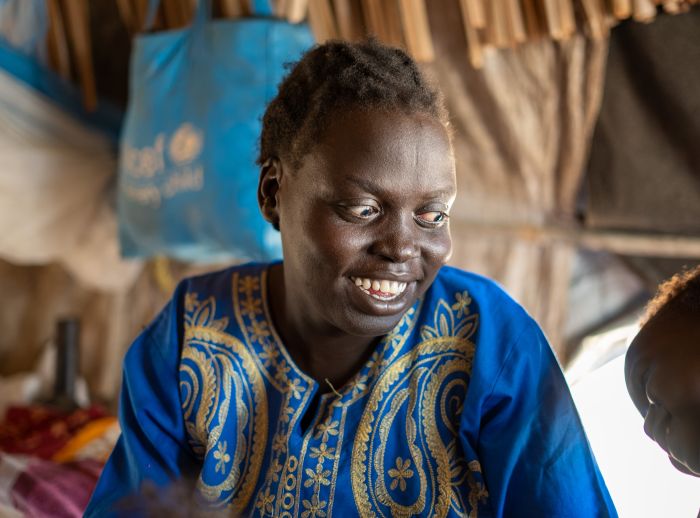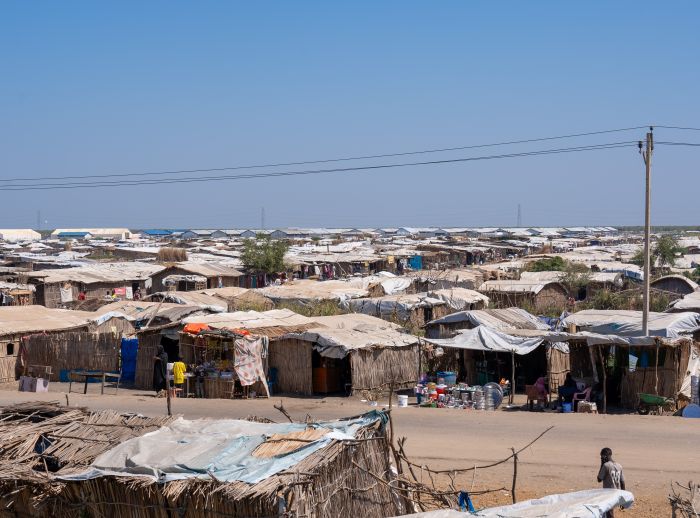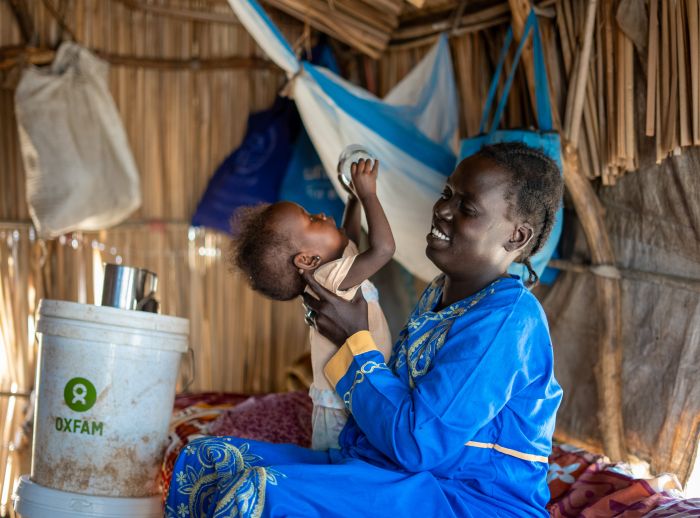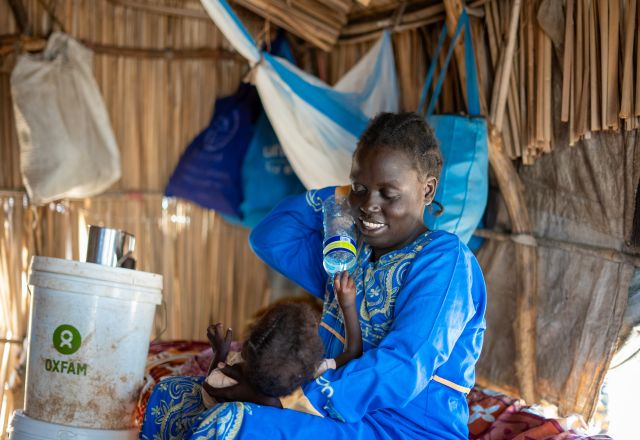Caught in the Crossfire
As militiamen clashed and gunfire shattered centuries-old quiet, a wave of terror swept through Omdurman on October 2. Among the terrified families was 33‑year‑old Ayul Ajak, a mother of six who once spent her days working at a biscuit factory and raising her children in the second‑largest suburb of Khartoum. That morning, her family’s routine dissolved into fear: she grabbed her kids and her sister, and they fled. Her husband stayed behind; there simply wasn’t room or the resources for all of them to escape.

From Sight to Shadow
Ayul’s story was already marked by crisis. At the end of 2022, a severe headache shattered her vision. In Sudanese hospitals, doctors told her there was hope; her sight had begun to return. Blurry shapes, distant forms, but promising signs. Then the war arrived, hospitals became inaccessible, and her condition deteriorated. As she puts it, “I was getting better… but now I cannot see anything.” A treatable ailment has become permanent devastation.
Living in Limbo
Now, in the makeshift shelters of a South Sudanese refugee camp, life is a story of endless struggle. Overcrowded tents nestle together under a relentless sun. Water is scarce; sanitation is worse. Healthcare is miles away. Cooking fuel is minimal. Day after day, Ayul waits.

Living in Limbo
Now, in the makeshift shelters of a South Sudanese refugee camp, life is a story of endless struggle. Overcrowded tents nestle together under a relentless sun. Water is scarce; sanitation is worse. Healthcare is miles away. Cooking fuel is minimal. Day after day, Ayul waits.
Her six children bear the brunt of her disability. The eldest, a 12‑year‑old daughter, takes on the responsibilities no child should carry, fetching water and caring for siblings, all while walking perilous paths marred by insecurity. Ayul, blind and rooted in place, relies on their gentle support and worries for them.
A Lifeline from Oxfam
In this desolation, Oxfam has become a lifeline. With monthly cash assistance, buckets, dignity kits, and soap, Ayul can feed her family a little more adequately, stay cleaner, move with more dignity. Wheelchairs have arrived in the camp, offering hope to those with physical mobility challenges. But for Ayul, whose needs go deeper, the assistance doesn’t reach her core longing: to regain her sight, to be independent, to return to her husband.

Why Her Story Matters
Ayul’s journey is not just a story of hardship; it’s a testament to resilience in the face of unimaginable loss. Conflict not only stole her home and separated her from her husband, but it also took her sight and her sense of security. And yet, she holds on.
Her strength is sustained not by circumstance, but by hope, hope sparked by small, vital acts of solidarity: a bar of soap, a bucket of clean water, a dignity kit.
These are more than supplies; they are reminders that she is seen, that she matters. Ayul’s story calls us to act, not with pity, but with purpose. Because for thousands like her, living with disabilities in displacement, the path to recovery must be inclusive, dignified, and just. Her voice is clear: peace should not be a privilege, and no one should be left behind.

